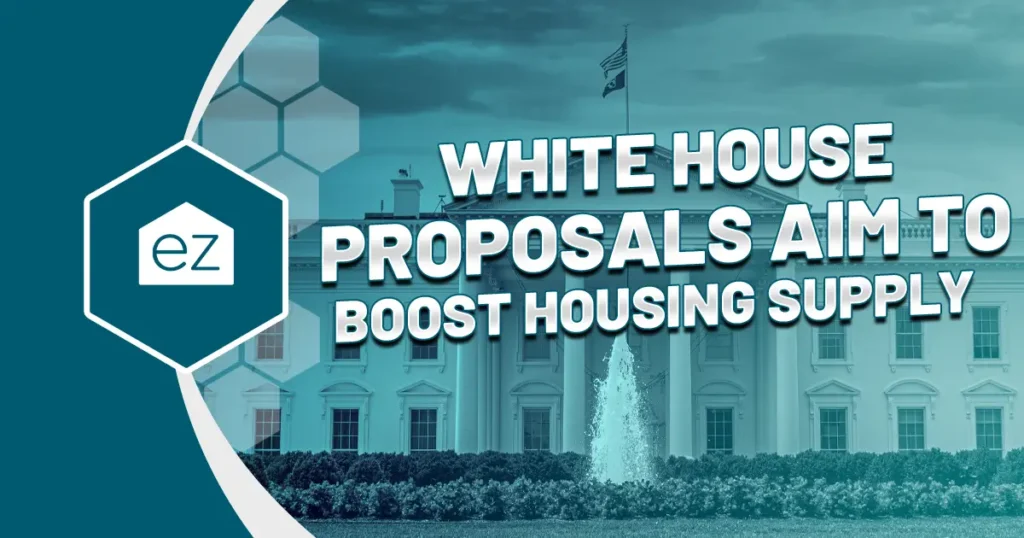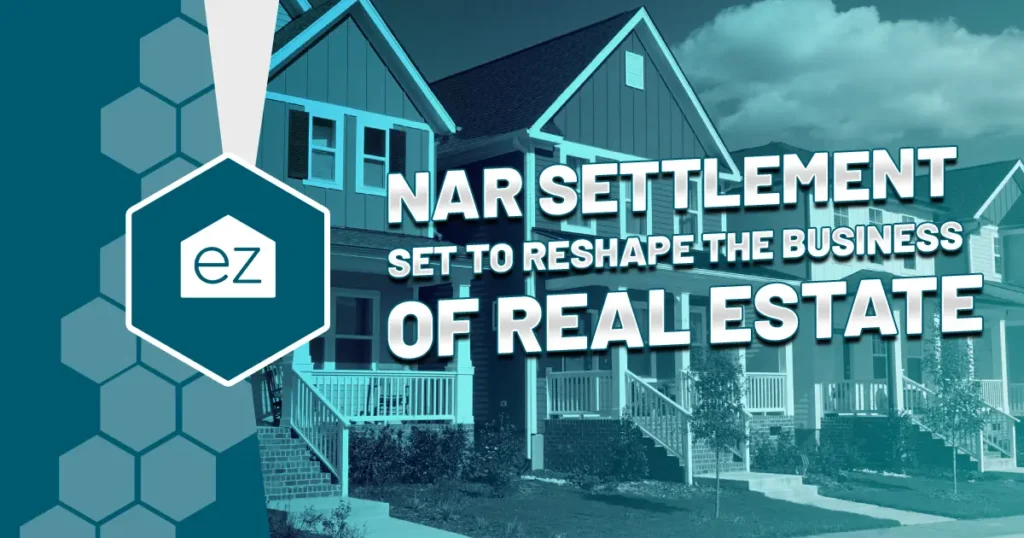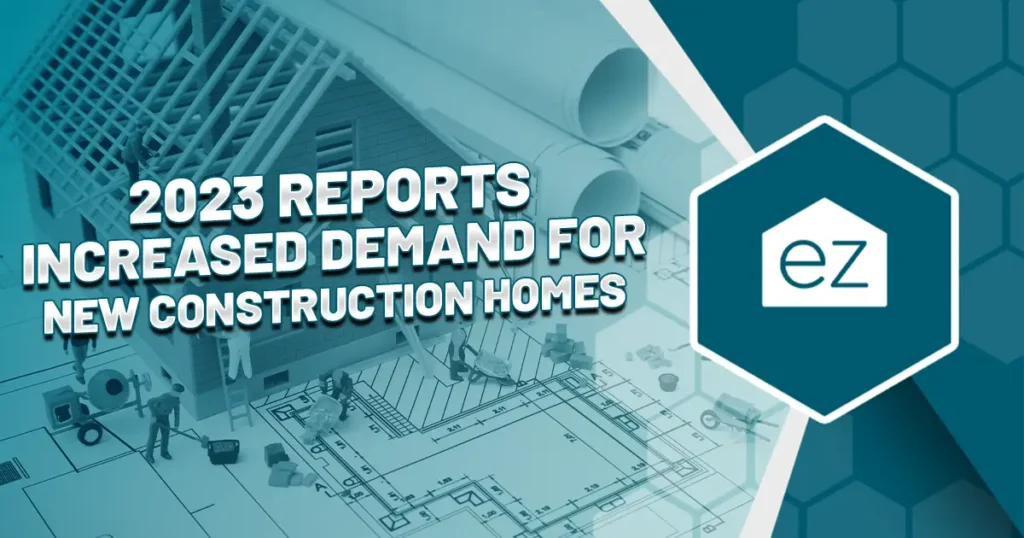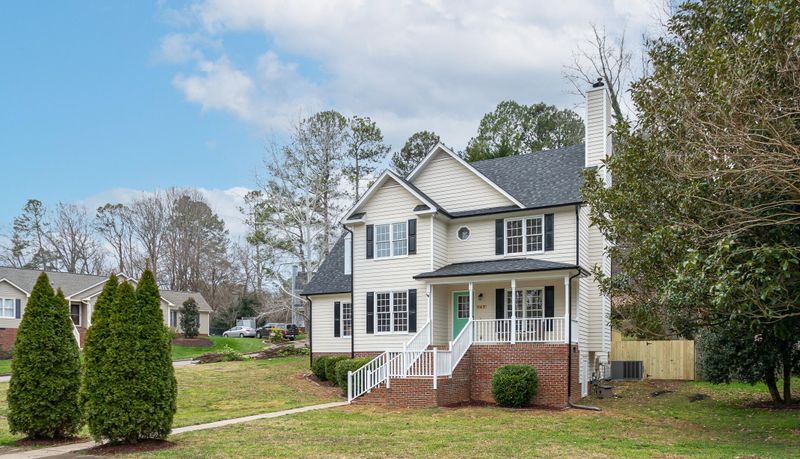A Guide to Tennessee Property Taxes

A Guide to Tennessee Property Taxes
Are you preparing to buy a home in Tennessee? In addition to researching the area, home insurance, and finding the right home, you likely have questions about property taxes. These levies can add thousands to your yearly home expenses, so understanding how they’re calculated is key to finding a home inside your budget.
When it comes to Tennessee property taxes, we’ve used our real estate experience to tackle all the questions you might have. This guide will give you the necessary information to make informed home-buying decisions. Learn how Tennessee property taxes are calculated and what you can expect from your home ownership.
About Tennessee property taxes
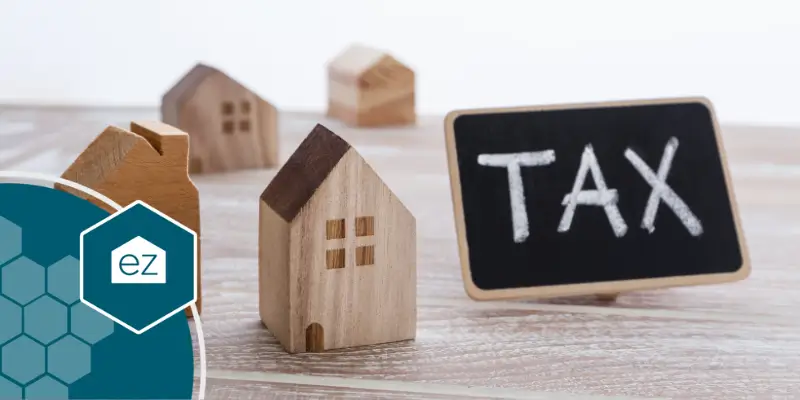
Tennessee, like most states, has a property tax. The tax is based on the value of the property. The county levies and collects this tax on real estate (land and buildings).
Tennessee’s property taxes fund local government services at the county and municipal levels. As such, the Tennessee Department of Revenue does not collect property taxes. Local property tax rates are established by the county commission and city council. County trustees and city collectors handle property tax collection. The county assessors appraise real estate, and tangible personal property used or held for use in a business is taxed according to assessment standards.
The State Board of Equalization is the government agency that regulates property assessors and hears appeals beyond the county level. It makes sure property valuations are fair across the state.
How Tennessee property taxes work
Tennessee counties assess properties and appraisal ratios on a four-to-six-year cycle as set by the local assessor. The property value is based on the determined value on January 1 in the reclassification year. The local assessor also determines the millage rate. The real parcel appraisal and millage ratio adjustment don’t always happen in the same year. Your taxes can differ within a cycle because your property value or the millage rate has changed. A complete list of the Tennessee reappraisal schedule is available here.
How a property is used determines how it will be classified for real estate tax purposes. The government appraises the value of the property. It then applies a percentage (known as an assessment ratio) to that value. The assessment ratio for the various classifications is determined by state law.
Tennessee property classifications are :
- Residential
- Agricultural (Farm)
- Commercial and Industrial
- Public utility
- Business personal
Since we are most interested in residential, the assessment ratio for that category is 25%. To begin calculating your property tax, multiply the home’s appraised value by the 25% assessment ratio.
Next, you need to find the tax rate set by the county commission and municipal governments. This rate is based on local government services provided as well as the value of taxable property in the county.
Tennessee county tax rates are per $100 of assessed value. For instance, the Anderson County tax rate in 2021 was 2.62, meaning a homeowner would pay $2.62 per every $100 assessed value.
Let’s say a Tennessee home was appraised at $200,000. The assessment ratio is 25%, which brings the taxable value to $50,000. To calculate the property tax, divide the taxable value by 100 and multiply by 2.62. The result is $1,310 owed in property taxes.
How Tennessee property taxes compare

Tennessee’s property taxes are on the more affordable side. Data from 2022 had Tennessee’s average effective property tax rate as 0.71%. WalletHub ranked state no. 15 for the lowest property taxes, with residents paying an average of $1,548. The average US homeowner pays $2,471.
Tennessee counties with the highest property taxes based on average effective rate are:
- Shelby County: 1.42%
- Gibson County: 0.90%
- Hamilton County: 0.89%
Tennessee counties with the lowest property taxes, also based on average effective rate, are:
- Cumberland County: 0.38%
- Fayette County: 0.40%
- Sevier County: 0.41%
How often are Tennessee property taxes paid?

Tennessee property taxes are due on the first Monday of October and become delinquent as of February 28 the following year. Late payments accrue interest at a rate of typically 1.5% per month. There may be additional penalties or fees based on the county.
Depending on what the local tax assessor allows, you can pay your Tennessee property taxes in person, by mail, or online.
Bring your payment to the county trustee’s office or city hall to pay in person before the February 28 deadline. You can also drop your payment off in the after-hours deposit box, but include the correct paperwork.
If you’re paying by mail, send your check to your county trustee and include your account number on the check. The address will be listed on your Tennessee tax bill.
Some Tennessee counties allow you to pay your property taxes online. Check with your local tax assessor to see if this is an option. You’ll need to set up an account and will likely be charged a convenience fee.
What are the Tennessee property tax exemptions?
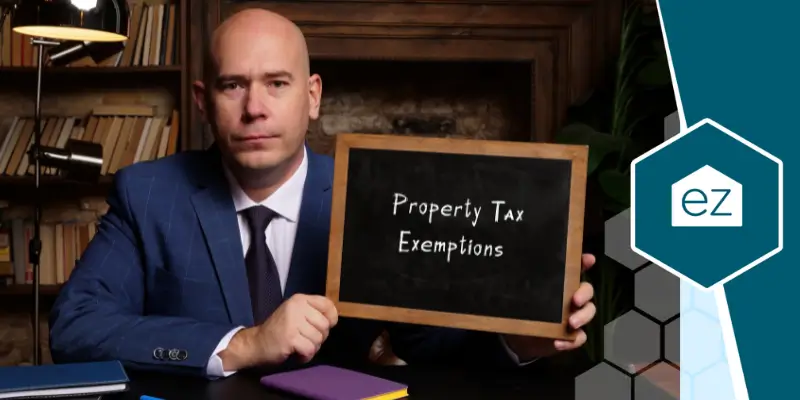
If you’re moving from a state with different property tax exemptions, like a homestead exemption, you’ll be disappointed. Tennessee doesn’t offer any property tax exemptions. On the upside, the property tax burden is lower than 35 other states.
Tennessee does, however, have a few local option property tax relief programs available that can help ease the burden of property taxes and an appeals process if you feel your assessment is too high.
Tennessee property tax relief programs

Tennessee offers a few programs to help ease the burden of property taxes.
The Property Tax Relief program offers qualified homeowners a tax break on their homes. It doesn’t exempt the homeowner from paying property tax but can reimburse for some or all the tax bill. It is primarily for low-income elderly and disabled homeowners, as well as disabled veteran homeowners or their surviving spouses.
To learn more about this program and see if you qualify, visit the Tennessee Department of Revenue’s website or see your local county assessor for an application.
Another program is the Property Tax Freeze, a local option for taxpayers 65 years or older. Not all municipalities or counties may have this option available. In this program, the tax base is “frozen” in the base year, which is the year the homeowner applies and is approved for the program. As long as the homeowner continues to meet the requirements, their amount of owed property taxes won’t change. Review the list of participating jurisdictions and the complete program requirements.
Tennessee property tax appeals
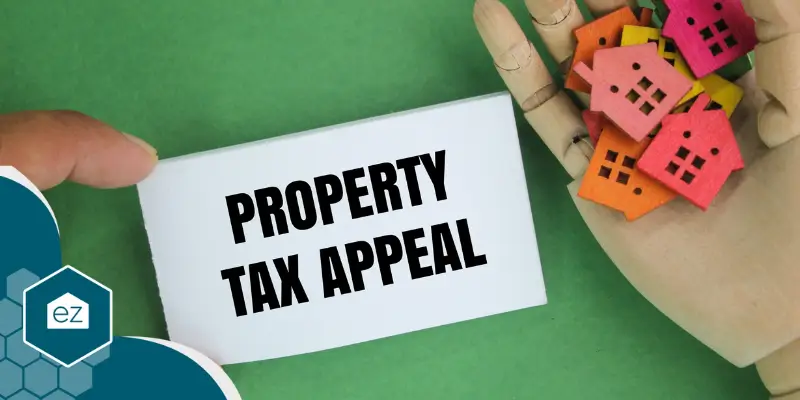
The first step is to review your Tennessee assessment and compare it to similar properties in your area that have recently sold. Suppose you believe your value assessment is incorrect. In that case, you can file a petition for reassessment with the local county assessor’s office. If you feel your Tennessee property taxes are too high, you can file an appeal with the local county assessor’s office.
You’ll need to submit your petition within 30 days of receiving your Tennessee property tax assessment notice. The assessor will then review your case and determine if a change to your assessment is warranted. You can file an appeal with the Tennessee Board of Equalization if they deny your appeal.
Who can help me figure out TN property taxes?
If you have questions about Tennessee property taxes, the best place to start is with your local county assessor’s office. They can answer any specific questions you have about your assessment and share how to file an appeal if you believe your taxes are too high. You can also find more general information about Tennessee property taxes on the Tennessee Department of Revenue’s website.
Some municipalities may charge separate city taxes. Check with their city tax department to see how they assess and handle tax payments.
In addition to helping you find the perfect home, your real estate agent may have valuable insights about millage rates and special tax districts for neighborhoods that interest you. Plus, they might be aware of upcoming millage increases or new special assessments.
Start Your Home Search
Preston Guyton
Share this Post
Related Articles
Real Estate News
White House Proposals Aim to Boost Housing Supply
Real Estate News
NAR Settlement Set to Reshape The Business of Real Estate
Real Estate News
2023 Reports Increased Demand for New Construction Homes
Real Estate News
